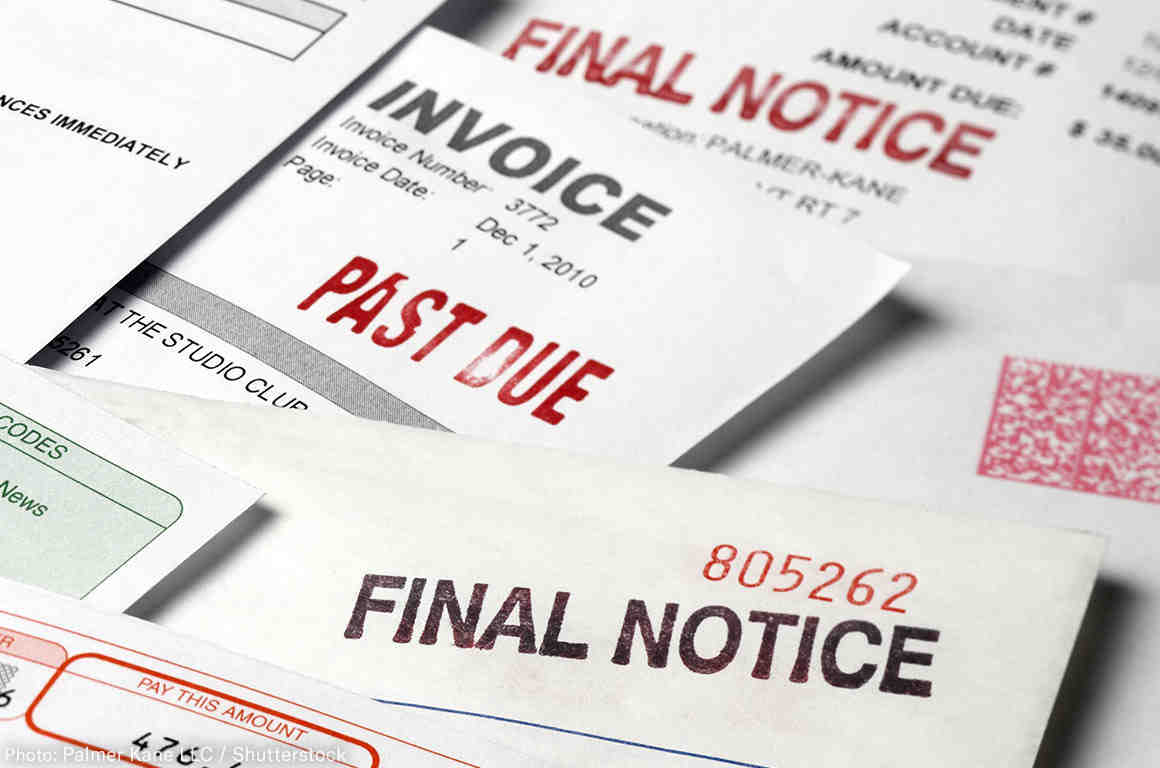Whether your estate is worth $10,000 or 1 million dollars, you’ll want to have an estate plan in place to make sure your assets go to the right people.
If you die unexpectedly without a will, much of your estate will get eaten up in taxes and lawyer fees to settle the estate and the money may not end up where you intend it to.
Keep reading for five easy estate planning tips to make sure your affairs are in order should anything happen.
5 Estate Planning Tips You Should Take Now
Did you know that more than half of all Americans don’t have a will? As unpleasant as it may be to think about planning for your death, it’s necessary to protect your assets and your family.
Take steps now to make sure your family doesn’t have to stress about dealing with your assets upon your death.
Here are some estate planning tips to make the process easy and painless.
1. Determine What Assets You Have:
Before writing your will, going to an attorney, or planning your estate, you need to know what you have. Take an inventory of all your assets and liabilities to determine your value.
Property, retirement accounts, bank accounts, investments, and life insurance policies.
You’ll need to list all your assets to determine who gets what and how much they get. Some assets, such as a business, will require special consideration in your will or estate plan.
2. Decide Who Gets What and How It’s Distributed:
Now that you know what you have, you’ll need to decide who (or what) your beneficiaries will be.
Spouses, children, other family members, charitable organizations, etc., who get any part of your estate will be designated.
Not only do you need to decide who gets your assets, but you will also need to specify how much or what percentage they get.
If you have life insurance through your employer or another policy or other retirement accounts with designated beneficiaries, make sure you keep those updated.
If you get married, divorced, or have more children, you may want to modify the stated beneficiaries on those policies.
3. Take Steps to Minimize Estate Taxes:
If there might be significant taxes that your beneficiaries will owe, you can take steps to minimize these taxes ahead of time.
You could leave taxable assets to charities or other non-profit organizations, take out life insurance policies to cover any estate taxes, or gift money to your beneficiaries before your death.
4. Choose Who Will Run the Estate:
You’ll need to choose an executor of your will. This could be a family member or an attorney, depending on the complexity of your estate. Choose someone whom you trust.
You also will want to select someone to have the power of attorney if you become incapacitated.
A health care directive is also smart to have, as this will allow your beneficiary to not make major medical decisions on your behalf should you be unable to.
5. Consider Hiring an Estate Planning Expert:
Consider hiring a probate attorney to handle all of this for you. They will walk you through the process, advise you on the best course of action, and then handle any issues with the estate after your passing.
How to Asset Plan for your Business
Sometimes an estate is not all what we earn, and if you are someone with a standing business, keeping it standing once you are long gone is also important.
So, how can you plan for the business well?
Understand the Value of your Business
First, you’ve got to know what your business is worth. And we’re not just talking about how much cash is in your bank account or the equipment you own. It’s everything that makes your business a whole.
What are your total assets?
Do you have intellectual property?
A ton of loyal clients?
These things are all part of the parcel. By knowing this, you’ll be able to make better decisions about where it goes after you.
Decide a Successor
Who will take over when you’re no longer at the helm?
It’s a tough question, but one that needs answering.
A succession plan outlines who will step in to manage your business.
Whether it’s a family member, a trusted employee, or an outside party, having a clear plan ensures a smooth transition.
Start by identifying potential successors and involve them in the business early on. Train them so they understand your vision and can carry it forward.
Set Up a Buy-Sell Agreement
If you have business partners, a buy-sell agreement is essential.
This agreement specifies what happens if one of the partners leaves the business, whether due to retirement, disability, or death.
It ensures that the remaining partners can buy out the departing partner’s share without disrupting the business.
It also sets a fair price for the shares, so there’s no confusion or disputes later.
Consider Life Insurance
Life insurance can be key in business asset planning. Life insurance proceeds can provide the cash needed to buy your interest in a business if you pass away.
Similarly, you can also use these life insurance proceeds to pay off any personal or business debts. Thus, preventing a liquidation of assets that could cost your beneficiaries their livelihood.
Finally, a well-structured life insurance policy will not have an immediate negative impact on your credit rating.
In fact, lenders may be more willing to extend credit to a solvent estate and business.
Reviews are Important
Review and update this plan at least annually as circumstances change over time.
Business planning isn’t a one-time thing. As your business grows and changes, you should update your plan to ensure it always reflects your current direction.
Perhaps you’ve introduced new assets, or your successor has changed. Updating also allows you to identify what’s next on the horizon!
Share Your Plan
Finally, communicate your plan to those who need to know. Your family. Business partners. Key employees.
Only when you put it in writing and communicate it clearly can everyone know what you intend. Finding every opportunity to get rid of misunderstandings is crucial.
The Bottom Line:
Although no one wants to think about their death, making sure your assets are protected and that your beneficiaries are taken care of is a smart move to make. Use these estate planning tips to get yourself started.
For more lifestyle tips and resources, explore some of our other blog posts.
Read Also:





















